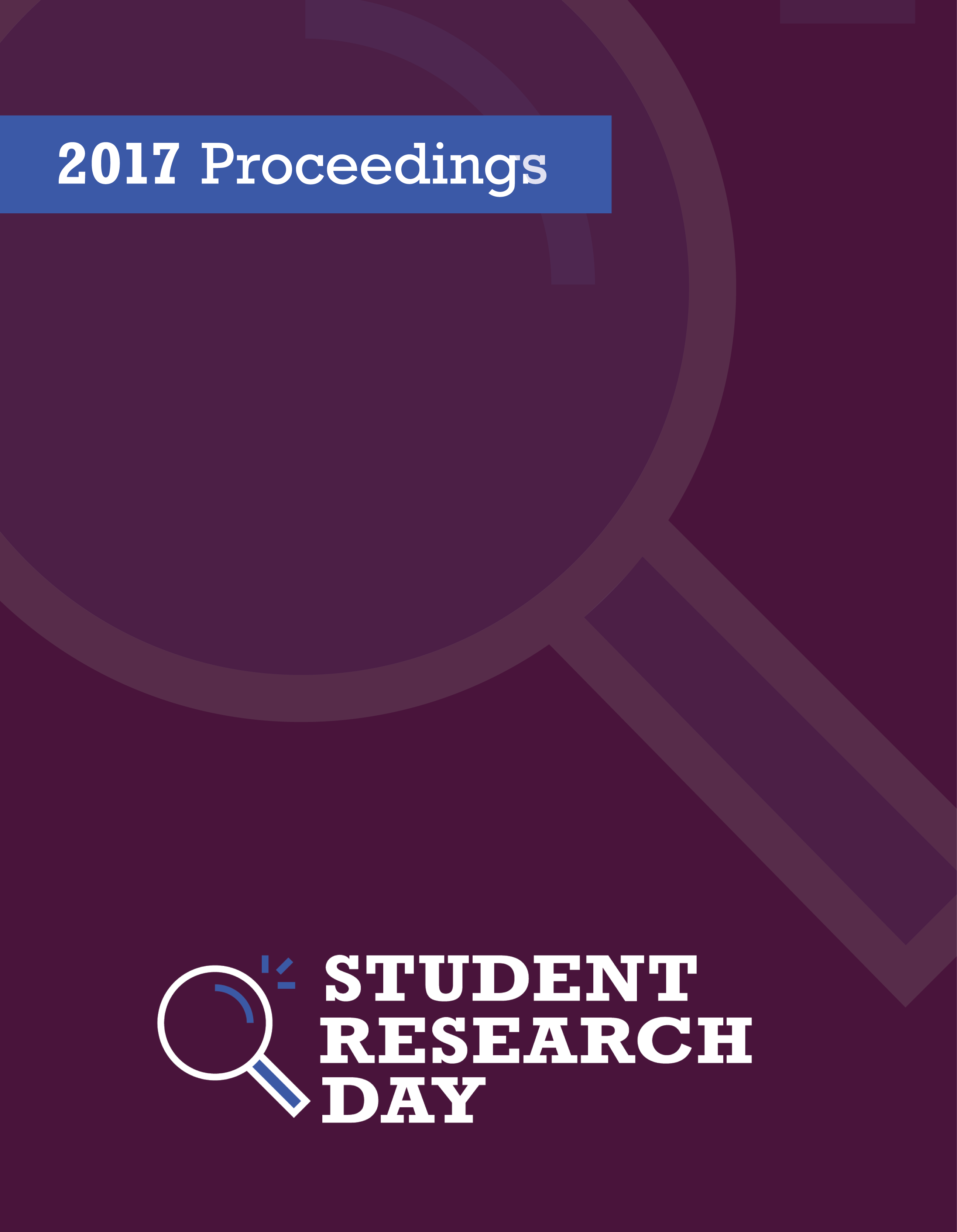Personality and Cognitive Bias
Abstract
People are confident in their opinions, believing that they see events objectively. Because people believe they interpret the world logically and without bias, they conclude that more people agree with their views than actually do – an effect called false consensus. People also believe that those who disagree with them are biased by ideologically extreme beliefs – an effect called false polarization. Past research finds that demonstrating the effects of biased perception through visual illusions instills doubt that one’s perceptions match reality, thereby decreasing confidence in and closed-minded adherence to their views. We examined whether this procedure would reduce the tendency to engage in false consensus and false polarization, and if high scores in certain personality traits could reduce these tendencies. Four hundred and six participants were shown a number of visual illusions, which demonstrated that the brain engages in hidden work that can result in erroneous perception. We were unable to replicate the previous findings that this procedure reduces confidence in one’s beliefs, and as such, this procedure did not reduce the tendency to engage in false consensus or false polarization. The personality variables that were examined are Need for Cognitive Closure (NFCC), Personal Need for Structure (PNFS), and Need for Cognition (NFC). Overall, the effects of personality on the cognitive biases of interest were negligible.
Discipline: Psychology Honours
Faculty Mentor: Dr. Craig Blatz
References
Published
Issue
Section
License
Authors retain any and all existing copyright to works contributed to these proceedings.



